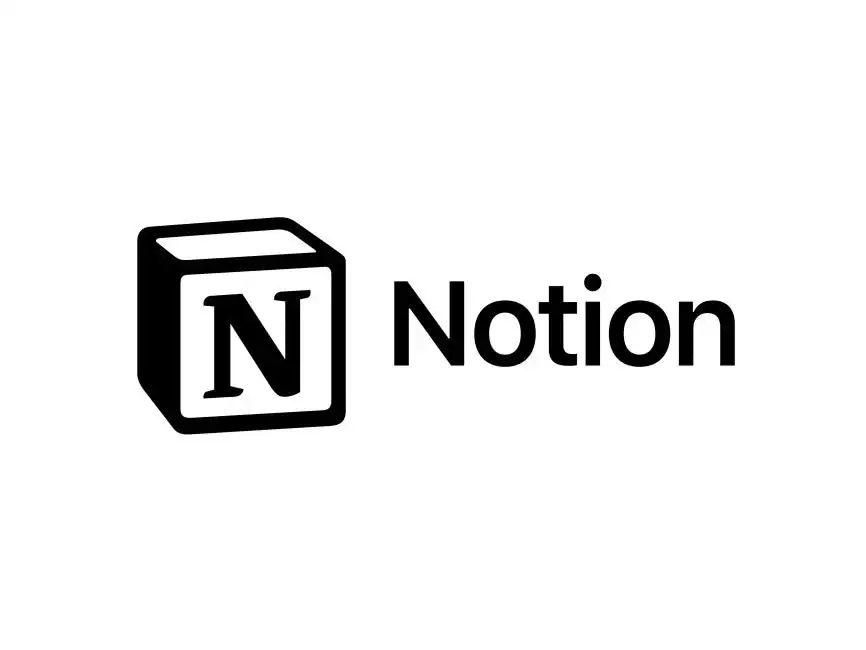How can manufacturers successfully navigate the complexities of their projects amidst growing uncertainty and resource shortages? The key lies in adopting intelligent project and resource management strategies and leveraging robust project management software for manufacturing.
Read the article to explore the specific character of manufacturing project management and discover recommendations for effective coordination and delivery of projects in this complex industry.
Specifics of Manufacturing Projects
Manufacturing projects are focused on creating physical products; they involve complex processes that require careful management.
To ensure products are delivered on time and within budget, these processes require the efficient use of human and material resources. To better understand the nature of manufacturing projects, let’s explore the factors that impact manufacturing project management.
Growing Demand for Products
The post-pandemic era is characterized by an increase in demand for goods. Meeting the growing demand under the impact of unfavorable factors like workforce shortages or supply chain disruptions becomes a significant challenge to project management in the manufacturing sector.
A Lack of Skilled Resources

Source: Canva Pro
Like many other industries, manufacturing is facing a workforce shortage. As a result of fast-paced technology development, a great number of organizations are struggling to find workers with the necessary skills.
There’s a high demand for a digital workforce, competition for them across industries, and an aging workforce. All these factors taken together make it difficult to staff projects with required resources and may cause delivery delays.
Increased Use of Technology
Industry 4.0, which includes technological innovations like digital twins, Industrial IoT, AI, sensors, etc., has become essential for manufacturers looking to stay competitive.
However, adopting these technologies requires additional investments and time for mastery, and comes with a degree of risk and uncertainty. These factors can negatively impact manufacturing projects’ timelines.
Uncertainties and Risks
Manufacturing projects face numerous uncertainties and risks, such as equipment failure, supply chain disruptions, market fluctuations, and the adoption of innovative technologies. These factors make it challenging to plan projects and forecast their outcomes.
Pressure for Faster Delivery
To stay competitive, manufacturers must reduce lead times and deliver products quickly. This pressure is intensified by the need to maintain high-quality standards, comply with regulations, and manage projects with fewer human resources.
Now, let’s review the recommendations that will help you overcome the complexity and challenges inherent to manufacturing projects and deliver them with success.
Tips for Manufacturing Project Managers

Source: Canva Pro
Choose the Right Project Management Methodology
The first thing to keep in mind is that there’s no versatile methodology fitting all projects in all industries. However, you should remember that deterministic project management approaches (such as Waterfall) can be ineffective for some projects in the manufacturing industry. Changes are inevitable, so choosing a flexible approach can help overcome uncertainty and the flow of changes.
In contrast to Waterfall, Agile, with its flexibility and rapid delivery, is a good choice. However, it also has limitations, especially when it comes to project planning. A good option can be the adoption of a hybrid methodology, combining the strengths of Agile and deterministic approaches depending on the project’s needs.
Comprehensive Project Planning
Effective planning is essential for smooth project execution and achieving desired results, especially under conditions of uncertainty. What do we mean by effective planning?
- You should start by defining project timelines and key milestones. Establishing strict task deadlines and focusing on meeting them can be ineffective: it may take faster or longer for team members to complete them, but the most important thing is not to miss milestones and the project’s due date.
- A detailed project plan should also clarify the resources (human and material) required for project execution. This will help you estimate required costs more accurately.
- Project plans should not be rigid but should factor in risks and uncertainties. Create a comprehensive risk management plan and build in buffers for time and capacity. In this case, unforeseen events won’t disrupt the workflow, protecting your delivery timeline and budget.
Plan Resource Capacity
Resource capacity planning is crucial when managing multiple projects with limited human resources. By planning resources beforehand, you can assess a project’s feasibility, identify resource gaps, and take corrective actions to bridge the gap between the resource demand and available capacity.
Without this step, there’s a high risk of missing the project’s due date, increasing the initial budget, or failing to meet a project’s goals and objectives.
Regularly Monitor Project Health
To meet the increasing demand for quicker product delivery, it’s important to eliminate inefficiencies and keep projects on track. Instead of only tracking performance at the project level, it’s more effective to monitor resource performance.
Bottlenecks often arise from resource overload, so regular tracking of team members’ performance will let you spot and address these issues early and avoid negative impacts on other projects and overall project progress.
Leverage Manufacturing Project Management Tool
Manufacturing project management software is essential for effective implementation of the above listed tips. They can enhance resource management, optimize decision-making, streamline project flow, etc. Here are some examples of their capabilities.
Project Portfolio Visibility
Managing large and complex manufacturing projects requires constant oversight. Manufacturing project management software gives you a comprehensive view of all projects at once and indicates each project’s status at a glance.
Resource Management
Manufacturing project management software contributes to efficient resource utilization thanks to addressing bottlenecks, setting the right priorities, and allocating the right resources to the right tasks. This also applies to material resources.
Optimization of both human and material resources allows manufacturing companies to execute more projects without allocating additional resources and boost productivity.
Data-Driven Decision-Making
In an unpredictable manufacturing environment, informed decision-making is vital. Manufacturing PM software equipped with the What-if analysis feature enables you to simulate various scenarios and evaluate their impacts, allowing you to choose the best course of action. This is particularly useful for addressing bottlenecks or planning responses to potential risks.
You can find these and a great number of other capabilities in Epicflow, which is a multi-project resource management software suitable for manufacturing projects.
Best Project Management Software
Conclusion
Manufacturing projects are complex endeavors that involve a variety of interconnected processes and diverse resources. Manufacturing project management becomes complex due to uncertainties and risks, wide technology adoption, increasing demand for products, pressure for quick delivery of goods, and labor shortages.
Implementing best practices listed in this article and leveraging advanced project management tools will help manufacturing project managers effectively address challenges in manufacturing projects, manage uncertainties, optimize resources, and successfully achieve project goals.
One of the key best practices for manufacturing project management is adopting a structured approach that includes detailed planning, risk assessment, and efficient resource allocation.
Utilizing methodologies like Lean or Six Sigma can streamline production processes and reduce waste, while agile project management practices enhance flexibility and responsiveness to changes in demand or unforeseen issues.
Furthermore, implementing real-time tracking and analytics tools allows for greater visibility into project performance, enabling project managers to make data-driven decisions that improve timelines, budget adherence, and overall project success.
By continuously refining processes and staying updated with technological advancements, manufacturing teams can meet their project objectives while maintaining high product quality and efficiency.









